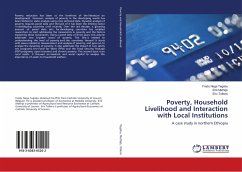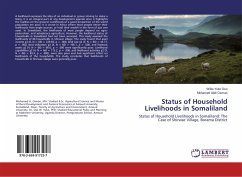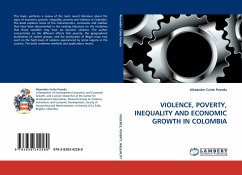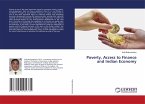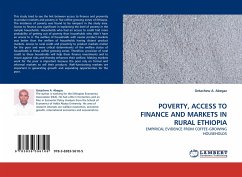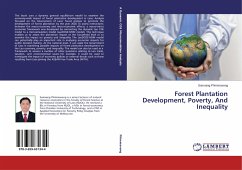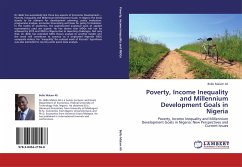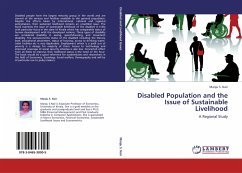Poverty reduction has been at the forefront of the literature on development. However, analysis of poverty in the developing world has been limited to static analysis using cross sectional data. Dynamic analysis of poverty requires panel data and the lack of it has been the limiting factor in developing countries until recently. Over the last decade, a growing amount of panel data sets for developing countries has enabled researchers to start addressing the movements in poverty and the factors explaining these movements. Using a panel data of three years, this volume addresses two broader issues of poverty. The first is related to understanding the level of poverty and the correlates thereof. It starts with issues related to measurement and analysis of poverty, and goes on to analyze the dynamics of poverty. It also addresses the impact of two safety net programs, the Food for Work (FFW) and the Food Security Package (FSP) programs, upon transient and chronic poverty. The second issue is on rural assets. It focused on livestock and social capital to analyze the importance of assets to household welfare.
Bitte wählen Sie Ihr Anliegen aus.
Rechnungen
Retourenschein anfordern
Bestellstatus
Storno

